blood in stool and urine
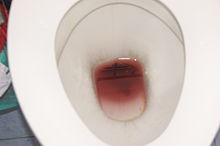 Hematochezia - Wikipedia
Hematochezia - WikipediaHealth Symptoms Men should not ignore the general vision Men usually visit their doctor less often than women, according to research published in the . They can skip annual checks, ignore symptoms or delay obtaining medical help when needed. In some cases, such delays may be dangerous. Early diagnosis and treatment can often improve their results for many health conditions. Severe bleeding, chest pain and high fever are symptoms that require emergency medical care. But what about other symptoms, such as the need to urinate more often or the tension to use the toilet? Can they be symptoms of a serious condition? It is important to visit your doctor when you suspect something may be wrong. From undesired weight loss to changes in your bathing habits, here are nine symptoms that can be a sign of something serious. If you experience any of these, make an appointment with your doctor or visit the emergency department to get the care you need. Breast pain is a common sign of a heart attack, but there are other signs that you might not be aware of. While symptoms of a heart attack may vary from person to person, there may be early warning signs that are at risk, such as shortness of breath with effort. For example, if you have a hard time catching your breath after an easy walk, this can be an early sign of coronary ischemia. This condition is when you have a partial or complete blockage of an artery that carries blood to your heart. A complete block can cause a heart attack. Make an appointment to see your doctor if you experience chest pain or shortness of breath. Go to the emergency room if you experience symptoms of a heart attack, such as: Unless you are actively trying to reduce, weight loss can be a cause of concern. Unexplained weight loss is often one of the first signs of many diseases, including cancer. It is important to see your doctor and let them know if you have lost weight recently without trying. The color of the feces can change from day to day, depending on the food you eat and the medications you take. For example, eating beets can make your stool alarmingly red. In addition, iron supplements and some diarrhea medications, such as bisalicylate (Pepto-Bismol), can temporarily change their black or jar feces. Anything in the brown or green spectrum is normal. But if your stool is black, bloody or pale, it may indicate that you have a problem. In some cases, this problem may be serious. Black feces can indicate bleeding in the upper gastrointestinal tract (GI). The feces of maron or bloody color may indicate bleeding in the lower GI tract. Your doctor will likely check the signs of bleeding, hemorrhoids, or ulcers. Light-colored feces can indicate a problem with their liver or bile ducts. If you notice unusual changes in the color of your stool, contact your doctor immediately. Frequent urination can be a sign of diabetes. Diabetes can cause you to urinate often because your kidneys have to work overtime to remove excess sugar from your bloodstream. Prostate problems can also cause frequent urination. Other symptoms of prostate problems include decreased flow while you are urinating, discomfort in the pelvic area, and blood in your urine or semen. Benign prostatic hyperplasia, or prostate enlargement, is a common condition among older men. Although it is common, you should not ignore the symptoms, as they may be identical to the symptoms of others, more severe conditions. Talk to your doctor if you experience any of the above symptoms. The occasional constipation is normal. Most people experience it from time to time, and often it becomes more common after the age of 50. But chronic constipation can be more worrying. Chronic constipation can lead to push and strain when you are trying to have an intestinal movement. This increases your chance to develop hemorrhoids, which can cause bleeding and discomfort around your rectum. Chronic constipation can also be a sign that something prevents your stool from coming out properly. A tumor, a polyp, or a outbreak in the intestines may be blocking the colon. It may also have an underlying condition that is causing abnormal colon motility. An early diagnosis is important for you to rule out serious conditions, such as colon cancer. Apart from concerns about sexual performance, erectile dysfunction (ED) can be a sign of a more serious problem, such as cardiovascular disease. ED can also occur due to increased stress or depression. If you are experiencing these problems, talk to your doctor about medication options and mental health advice. ED is a condition that doctors often treat. The sooner you address the problem, the sooner you can find a solution. Many people experience occasional acidity after eating a greasy burger or a lot of pasta. But if you receive heart acidity after each meal, you may have gastroesophageal reflux disease (GERD). This condition is also commonly referred to as acid reflux. If you have acid reflux, stomach acid flows back into your esophagus. If you do not receive treatment for it, this stomach acid can erode the tissues of your esophagus and cause irritation or ulcers. In rare cases, chronic GERD can cause esophagus cancer. GERD symptoms can also mimic other rare but treatable problems. In some cases, you may think that you have heartburn when you are actually experiencing heart problems. Talk to your doctor if you have had a long-standing problem with acidity. The ronic, the strong snoring can be a sign of obstructive sleep apnea. In this condition, the muscles of the throat relax and temporarily block the airway while you sleep. This can cause breathing problems and interrupt your sleep patterns. These constant interruptions can leave you feeling asleep or fatigued even after sleeping enough. If not treated, sleep apnea may increase the risk of cardiovascular disease, heart failure, or abnormal heart rhythms. Obstructive sleep apnea has also been related to obesity and type 2 diabetes. You may think that breast cancer is a disease that only affects women, but that's not true. It is estimated that breast cancer will be diagnosed in the United States in 2019, according to the American Cancer Society. Most of them are older men, between 60 and 70 years old. Talk to your doctor if you feel a lump or thickening of the tissue in your chest, or if your nipple darkens, becomes red or starts to have secretion. Early diagnosis is key to getting the treatment you need. Take control of your health by making an appointment with your doctor if you notice any of these symptoms. They may be a natural sign of aging or a condition that is easy to treat, but it is important to rule out any serious cause. In some cases, these symptoms may indicate that you have a serious medical condition. Recognizing and treating an early problem can often improve your chances of making a full recovery. Last medical review on June 28, 2019Read this following
What may be the cause of blood in urine and stool? I have been sick with a cough, cold, and fever for 2 weeks. - Quora

What Causes Blood in Urine (Hematuria)? | Everyday Health
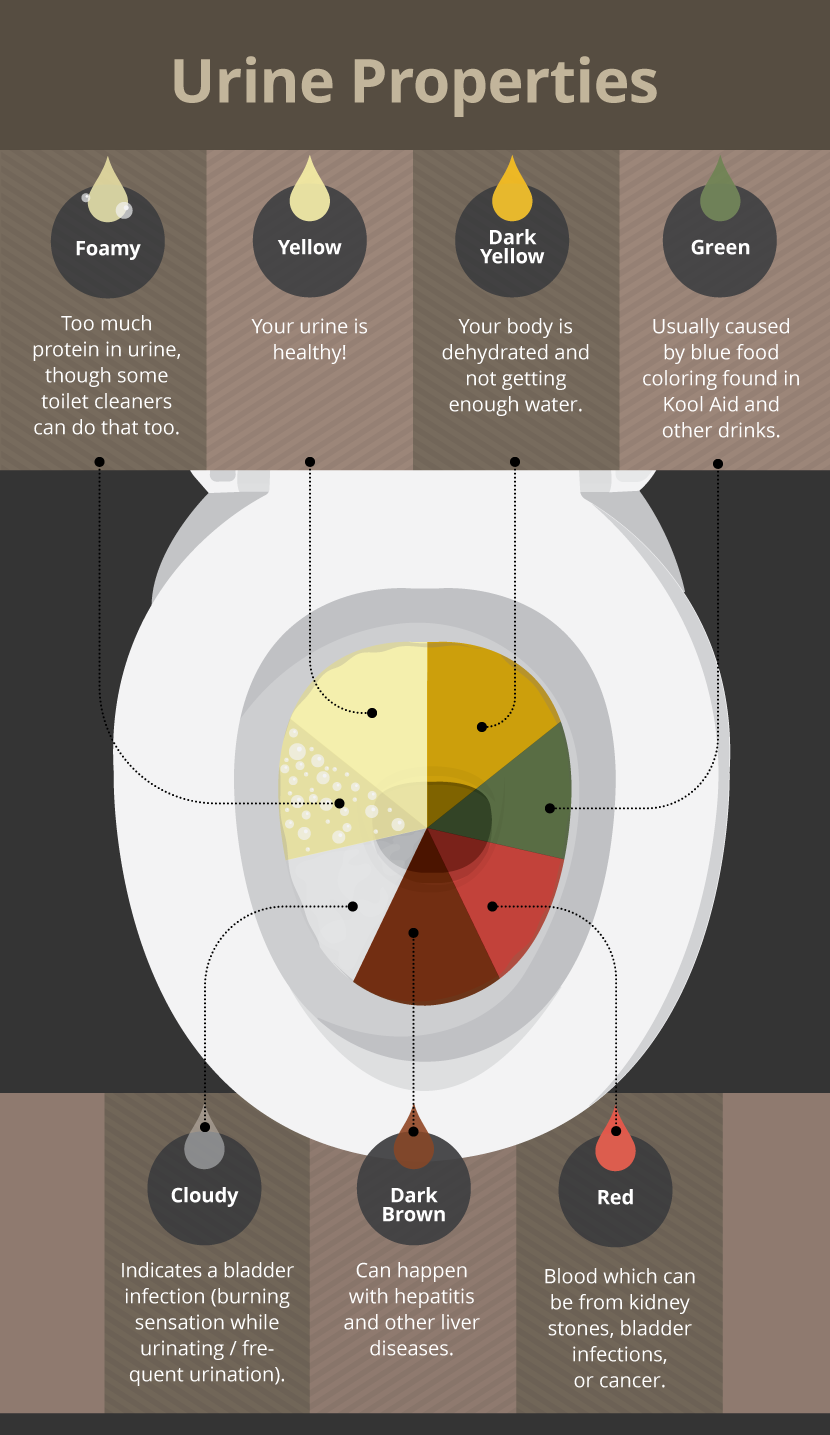
What is Your Body Waste Telling You? | Fix.com

What Your Poop And Pee Say About You | Prevention
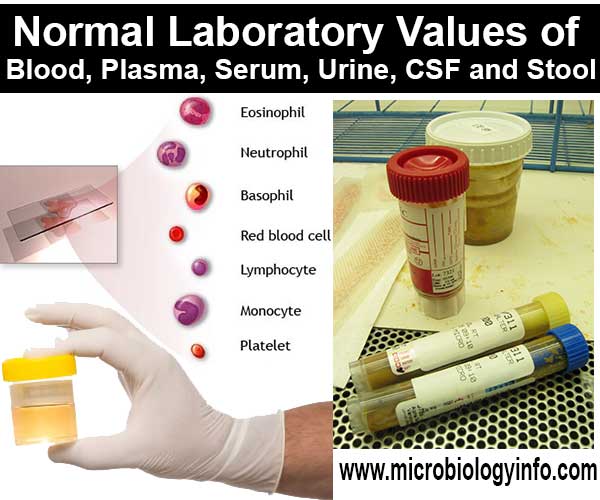
Normal Laboratory Values of Blood, Plasma, Serum, Urine, CSF and Stool
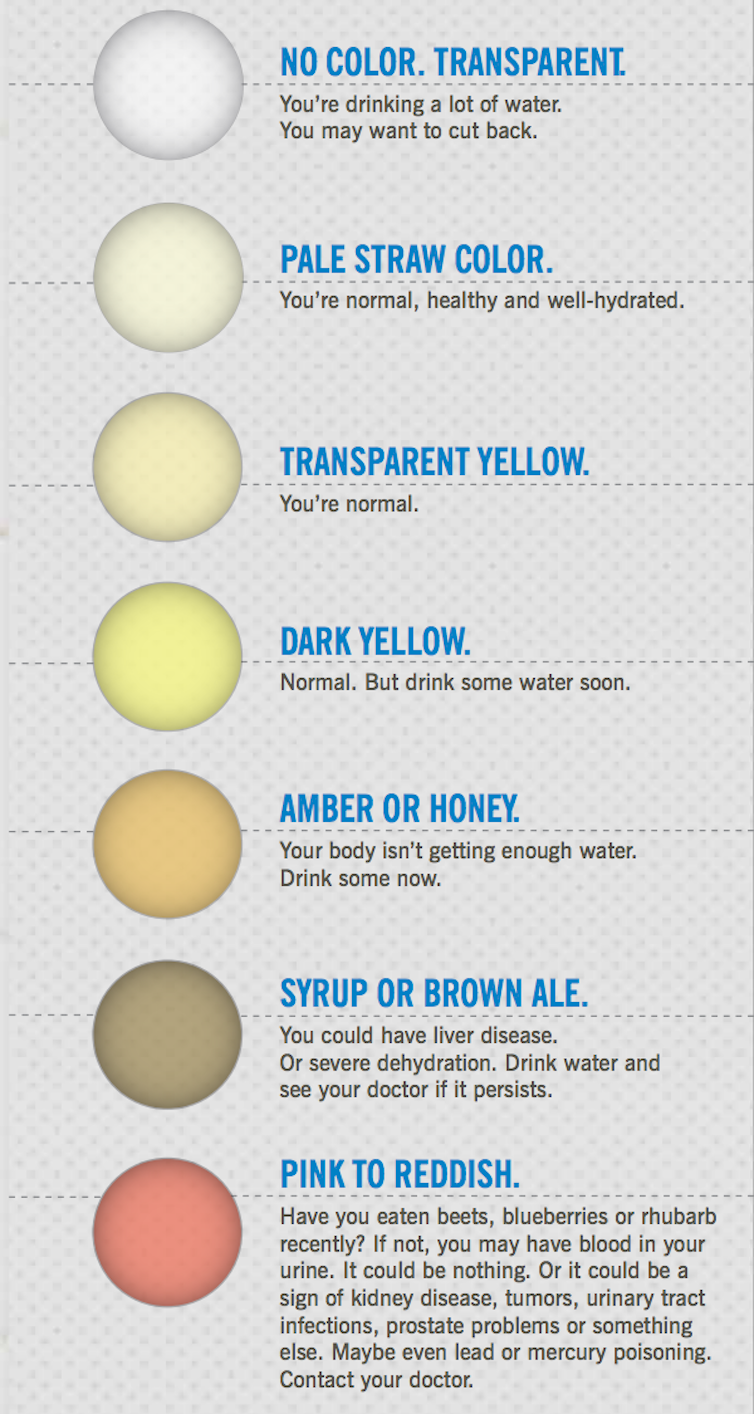
Health Check: what your pee and poo colour says about your health
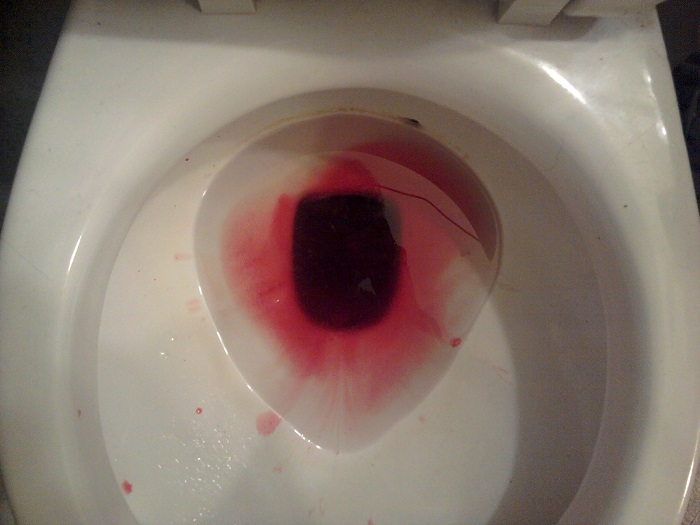
Blood In Male Stool - Stools Item
Genitals Stool blockage and blood in urine?
Blood Stained Mucus Stool - Stools Item

Why beetroot turns poop and pee red

Get my Test Results – Bruntsfield Medical Practice
Blood In Human Stool - Stools Item
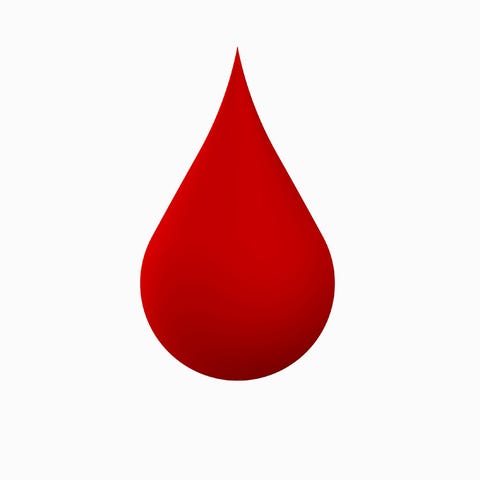
10 Symptoms That Warrant A Trip To The ER | Prevention
:max_bytes(150000):strip_icc()/186851162-56a12fdd3df78cf772683f35.jpg)
The Chemicals That Color of Urine and Feces
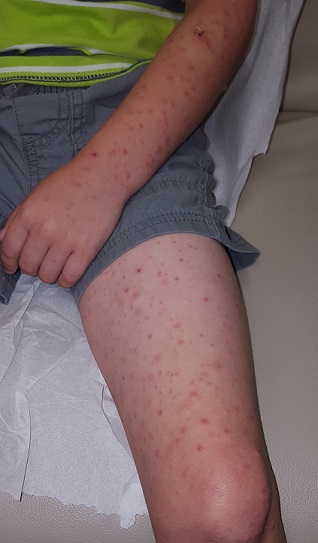
Blood in Urine, Rash on Trunk | Clinician Reviews
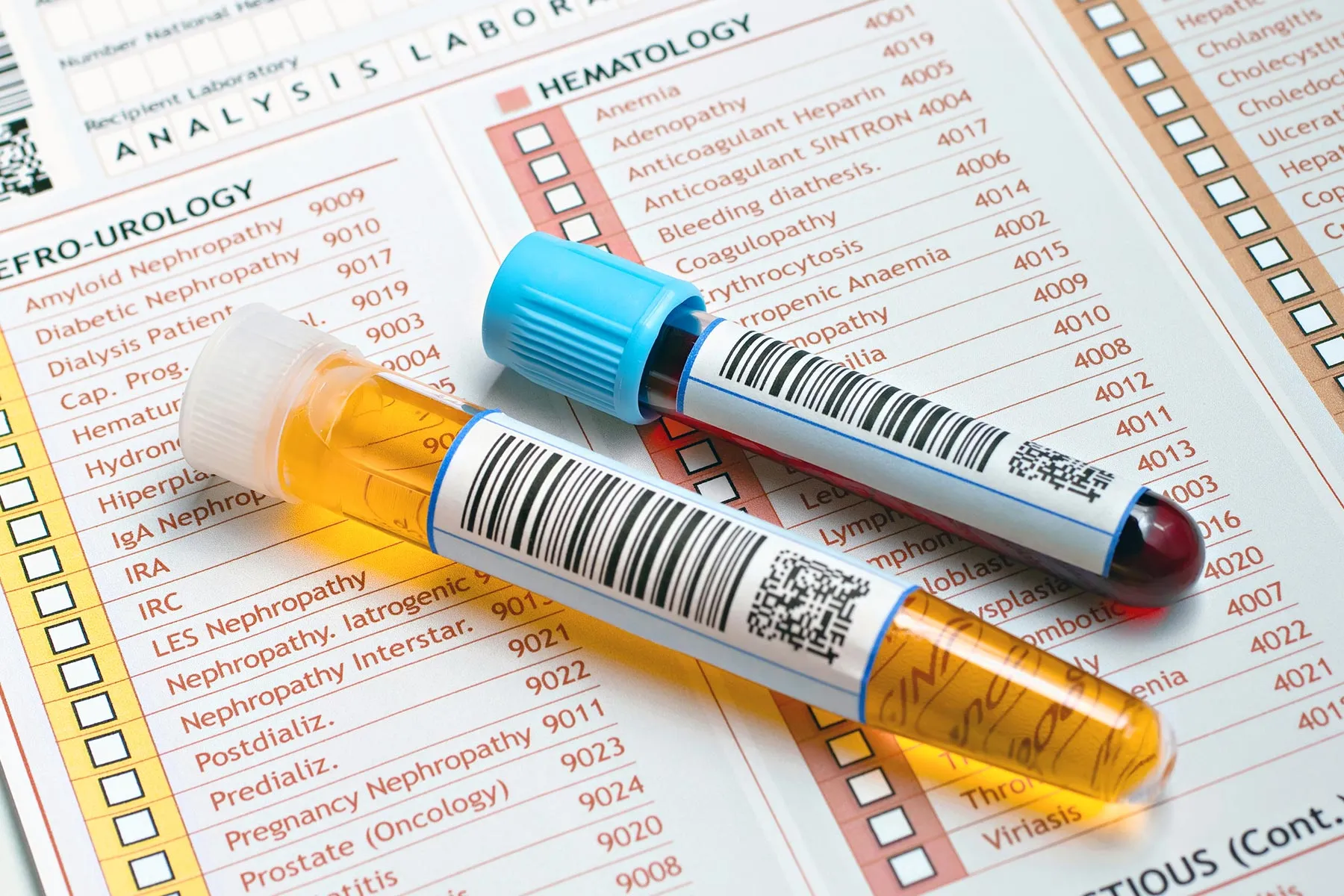
Conditions That Can Cause Blood in Your Urine

Mucus Or Blood In Dog's Stool Or Blood In Urine: What Does It Mean? - DogTime

What Blood in the Stool and Urine May Mean | RxWiki
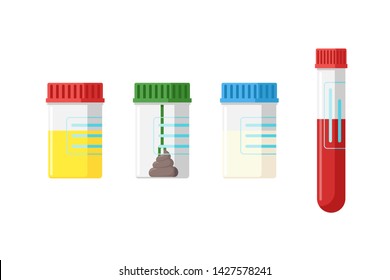
Stool Sample High Res Stock Images | Shutterstock
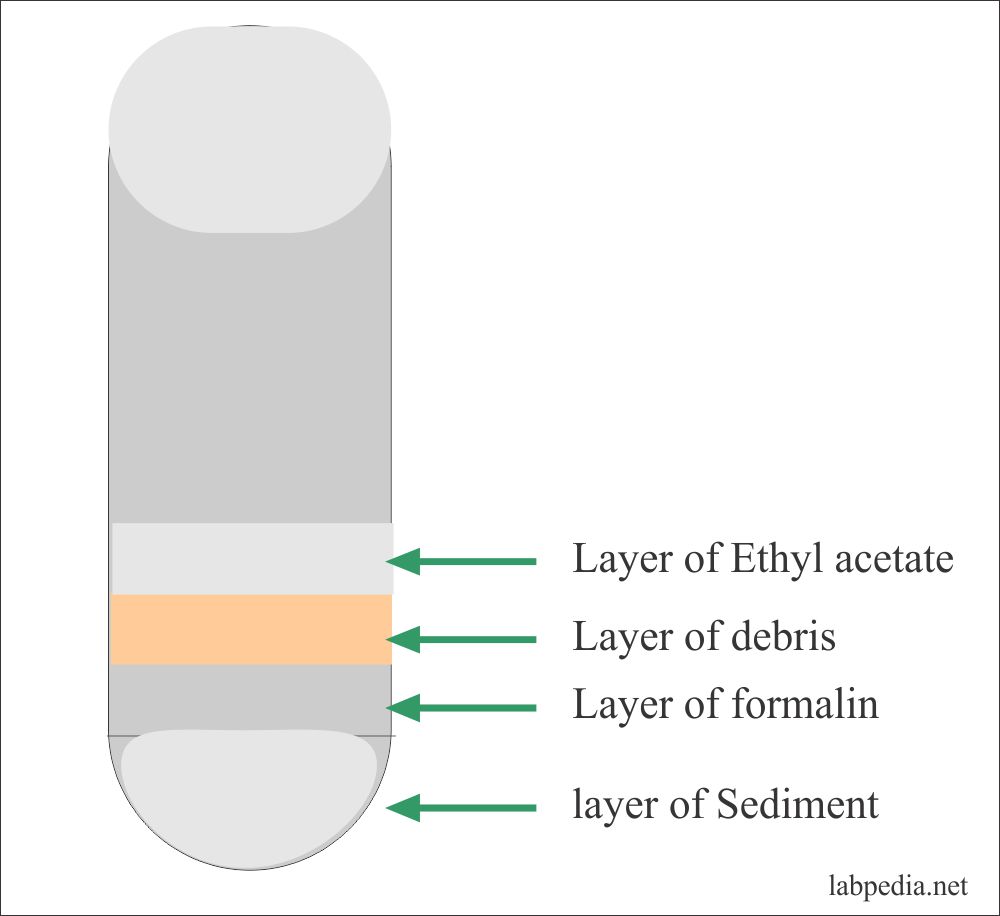
Stool Examination:- Part 1 – Stool Analysis , Complete Stool studies, Example of ova and parasite, – Labpedia.net

Colon Cancer vs. IBS: Differences between Symptoms & Signs

6 causes of red diarrhea
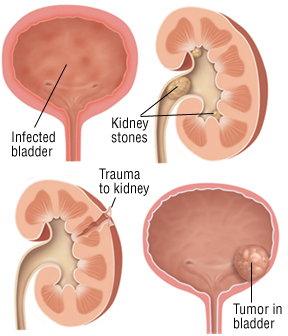
Hematuria - Harvard Health

Microscopy Culture and Sensitivity - Urine, Sputum, Blood and Stool

234 Bloody Stool Stock Photos, Pictures & Royalty-Free Images - iStock
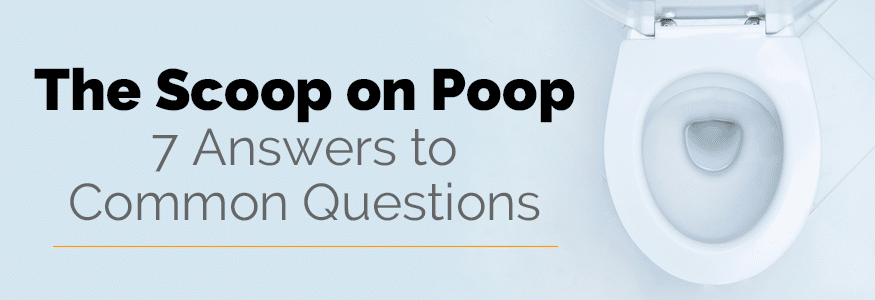
The Scoop on Poop | Gastrointestinal Society

Blood in Your Stool | Sutter Health

Porphyrins Blood, Stool and Urine Profile | Blood Tests in London
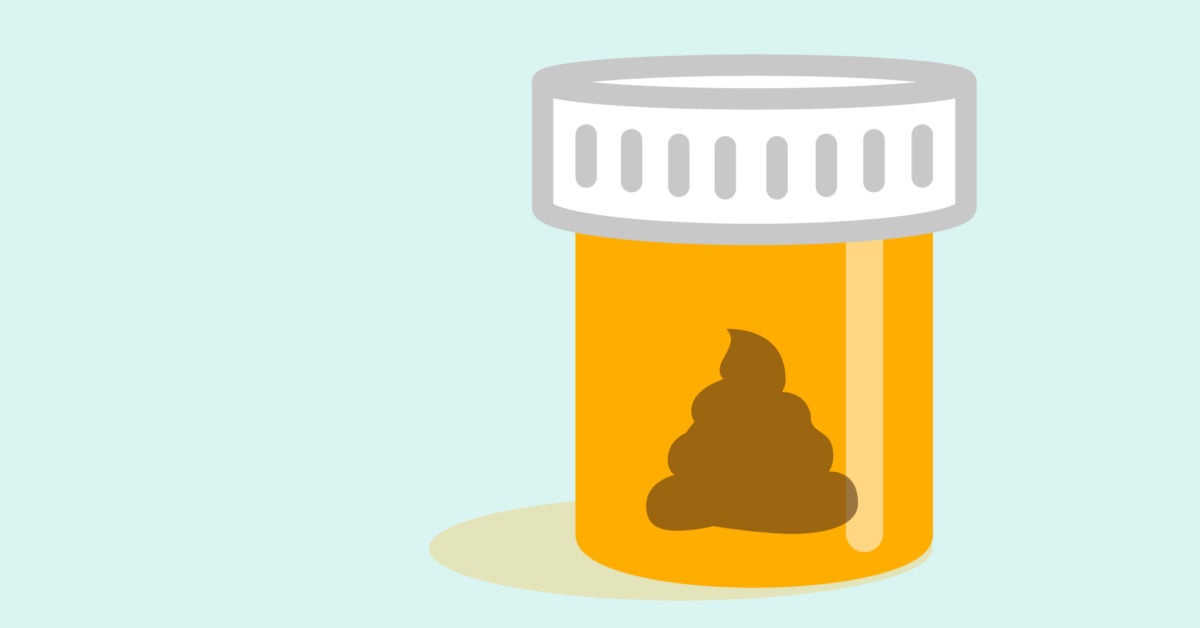
Candida in Stool: What It Looks Like and What It Means

Hematochezia - Wikipedia
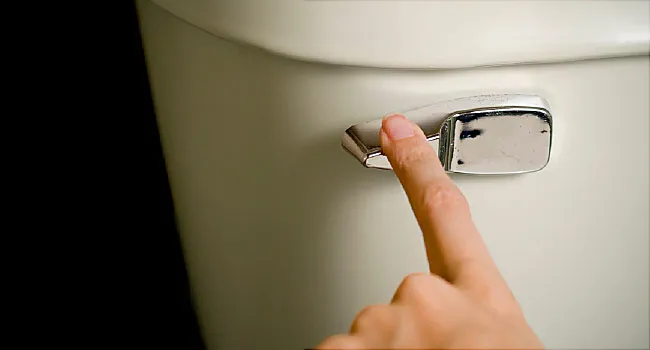
Blood in Urine (Hematuria): Causes, Risk Factors, Diagnosis, and Treatment

Blood Testing | Stool & Urine Analysis | Full Laboratory Services

Urine Color Chart: What's Normal and When to See a Doctor
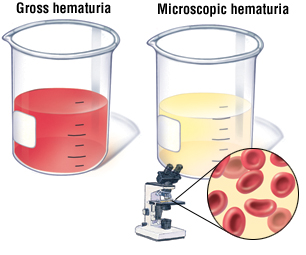
Hematuria - Harvard Health
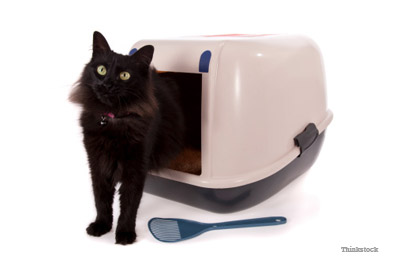
Should I Worry if My Cat's Poop Has Blood or Mucus?

If Your Poop Looks Like This, It's Time To See A Doctor | HuffPost Life
Blood In Stool Test - Stools Item
![PDF] Comparative evaluation of stool, urine and blood culture for isolation of Salmonella spp. from patients with clinical evidence of salmonellosis | Semantic Scholar PDF] Comparative evaluation of stool, urine and blood culture for isolation of Salmonella spp. from patients with clinical evidence of salmonellosis | Semantic Scholar](https://d3i71xaburhd42.cloudfront.net/cf7678eb6a5e446af2e63fb142ad52b6af7e5743/3-Table2-1.png)
PDF] Comparative evaluation of stool, urine and blood culture for isolation of Salmonella spp. from patients with clinical evidence of salmonellosis | Semantic Scholar

Abnormal-looking stool

Rectal Bleeding Causes + 5 Natural Home Remedies - Dr. Axe
Posting Komentar untuk "blood in stool and urine"